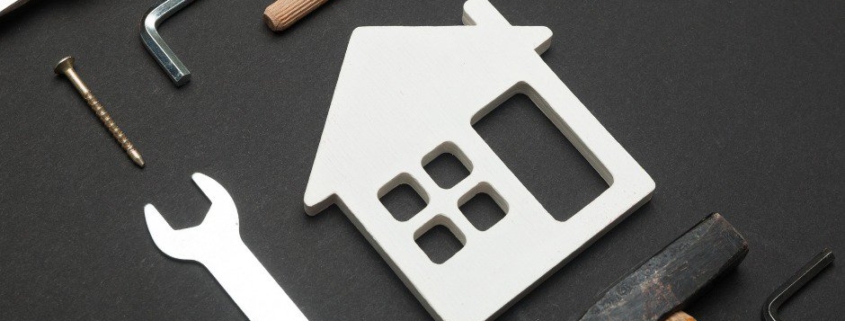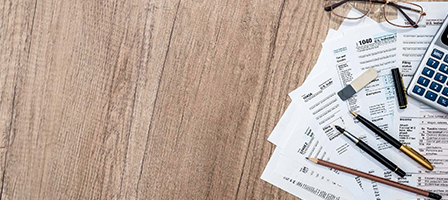Advantages & Disadvantages of Claiming Qualified Improvement Property
- Learn the basics about qualified improvement property (QIP).
- Find information regarding the limitations of QIP.
- Learn about 80% first-year bonus depreciation for QIP.
- Find out why you might consider depreciating QIP over time.
Your business may be able to claim significant first-year depreciation tax deductions for eligible real estate expenditures rather than depreciate them over several years. But should you? Fiducial offers information below regarding qualified improvement property (QIP) that may help you decide.

Qualified Improvement Property
For qualifying assets placed in service in tax years beginning in 2023, the maximum allowable first-year Section 179 depreciation deduction is $1.16 million. Importantly, you can claim the Sec. 179 deduction for real estate-qualified improvement property, up to the maximum annual allowance.
Qualified improvement property includes any improvement to an interior portion of a nonresidential building placed in service after the date you place the building in service. For Sec. 179 deduction purposes, QIP also includes HVAC systems, nonresidential building roofs, fire protection and alarm systems, and security systems placed in service after the date you first place the building in service.
However, expenditures attributable to the enlargement of the building, any elevator or escalator, or the building’s internal structural framework don’t count as QIP and must be depreciated over a much longer period- usually the life of the building (generally 27.5 or 39 years).
Mind the Limitations
A taxpayer’s Sec. 179 deductions can’t cause an overall business tax loss. The maximum deduction phases out if too much qualifying property is placed in service in the tax year. The Sec. 179 deduction limitation rules can become tricky if you own an interest in a pass-through business entity (partnership, LLC treated as a partnership for tax purposes, or S corporation). Finally, trusts and estates can’t claim Sec. 179 deductions, and noncorporate lessors face additional restrictions. We can give you the full details.
First-Year Bonus Depreciation for Qualified Improvement Property
Beyond the Sec. 179 deduction, 80% first-year bonus depreciation is also available for QIP placed in service in calendar year 2023. If you aim to maximize first-year write-offs, you would claim the Sec. 179 deductions first. If you max out on that, then you’d claim 80% first-year bonus depreciation.
Note that for first-year bonus depreciation purposes, QIP doesn’t include nonresidential building roofs, HVAC systems, fire protection, and alarm systems, or security systems.
Consider Depreciating Qualified Improvement Property Over Time
Here are two reasons why you should think twice before claiming big first-year depreciation deductions for QIP.
1. Lower-taxed gains when you sell the property
First-year Sec. 179 deductions and bonus depreciation claimed for qualified improvement property can create depreciation recapture that’s taxed at higher ordinary income rates when the qualified improvement property is sold. Under current rules, the maximum individual rate on ordinary income is 37%, but you may also owe the 3.8% net investment income tax (NIIT).
On the other hand, for QIP held for more than one year, gain attributable to straight-line depreciation is taxed most at an individual federal rate of only 25%, plus the 3.8% NIIT if applicable.
2. Write-offs may be worth more in the future
When you claim large first-year depreciation deductions for qualified improvement property, your depreciation deductions for future years are reduced accordingly. If federal income tax rates go up in future years, you’ll have effectively traded potentially more valuable future-year depreciation write-offs for less-valuable first-year write-offs.
As you can see, the decision to claim first-year depreciation deductions for QIP, or not claim them, can be complicated. Consult your Fiducial representative before making depreciation choices. Call Fiducial at 1-866-FIDUCIAL or make an appointment at one of our office locations to discuss your situation.
Ready to book an appointment now? Click here. Know someone who might need our services? We love referrals!









